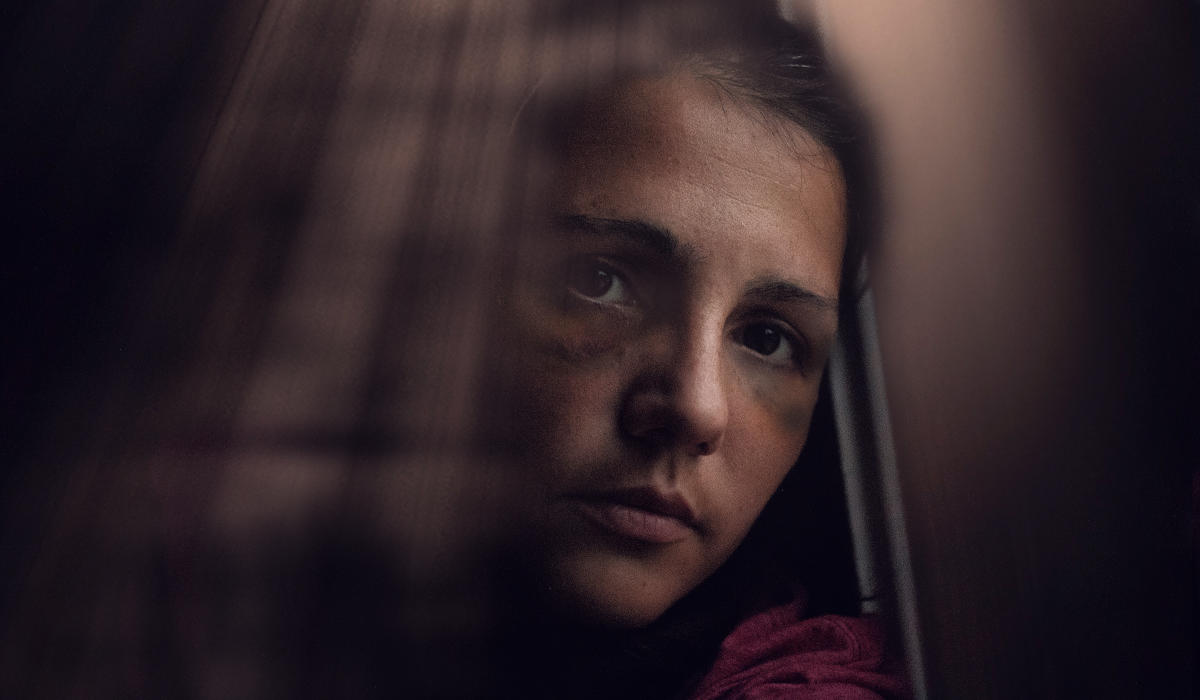Violence Against Women Act (VAWA), gives abused spouses and the children in the United States citizens or lawful permanent residents (LPRs). In this process VAWA actually limits their control over the person applying for immigration.
This article will discuss the time and procedure that takes as compared to the usual process on applying for a family-based green card in the United States.
What is VAWA self-petition?
The victim of abuse, domestic violence, child abuse or either parent abuse can file for petition without the approval or cooperation of an abusive spouse. Victims of abuse can also file for petition under VAWA even if they are divorced as long as the marriage to the abusive spouse was terminated in two years of filing and there is a connection between divorce and domestic violence.
An approved VAWA self-petition provides the applicant with complete work authorization, approved non-citizenship petition and deferred action which allows the abused to apply for US citizenship. When the spouse applies for the LPR, they are to subject to the family preference system. However, the abused child or spouse of a U.S. citizen can easily apply and immediately get a green card but the abusive spouse or child of LPR are firstly placed in the family preference system along with all other petitions of children or spouses.
Steps to follow to get a Green Card under VAWA
The process of applying under VAWA can take a little longer and is also be different for immediate relatives which includes spouses and children of US citizens than the preference relatives which includes spouses and children of (LPRs).
Eligibility Criteria
-
- Spouse: an abused spouse can file for themselves if they are the spouse of a US citizen or a permanent resident. A spouse can file as an abused spouse if his/her child has been abused by the other spouse.
- Parent: A parent can file for immigration under VAWA if they have been abused by their child.
- Child: A child can also be given the choice to file if they are under the age of 21 or unmarried.
Eligibility criteria for a spouse:
-
-
- The main eligibility criteria should be that you are married to a US national or a permanent resident. The spouse can file a self-petition if the marriage was terminated through divorce or by the abusive partner’s death it can only happen under two years prior to filing.
- The abused spouse can file if the spouse has lost citizenship status within the 2 years prior to filing petition due to spouse abuse or domestic violence.
- You can qualify that you believed that you are married to your abusive U.S. citizen spouse but the marriage was illegitimate.
- Your child has also suffered the abuse by the hand of your U.S. citizen spouse.
- The main thing to qualify for U.S. citizenship is that you married your spouse in good faith and not for immigration benefits.
-
Eligibility requirements for a child
-
-
-
- If the child wants to apply under VAWA he/she must be the child of U.S. citizen or permanent resident abuser.
- Or the child of a parent who lost citizenship or resident status due to his/her abuse or domestic violence.
- The child can apply if he/she has suffered extreme assault or abuse from the hands of parents.
- If you are living with your abusive parent there is a chance that you can get citizenship.
- If you are a child who is less than 14 years then you will automatically be considered as a one with a good moral character.
-
-
Eligibility criteria for a Parent
-
-
-
-
- A parent can qualify if the parent of the U.S. citizen child who is at least the age of 21.
- The parent can apply if their son or daughter lost citizenship status due to involvement in the abuse or domestic violence.
- The parents can apply if their son or daughter who is the age of 21 who died within 2 years prior to self-petition.
- A parent is eligible if they have suffered extreme assault or abusive behavior by the hand of their son and daughter.
- The parent also need to show a good moral character to get eligible.
-
-
-
Evidence that you lie under VAWA
If the spouse file petition under VAWA, then the spouse need to fill out and submit the USCIS Form 1-360, but also submit the evidence that the spouse or the applicant met the VAWA eligibility requirements, if not then he/she will not be selected.


